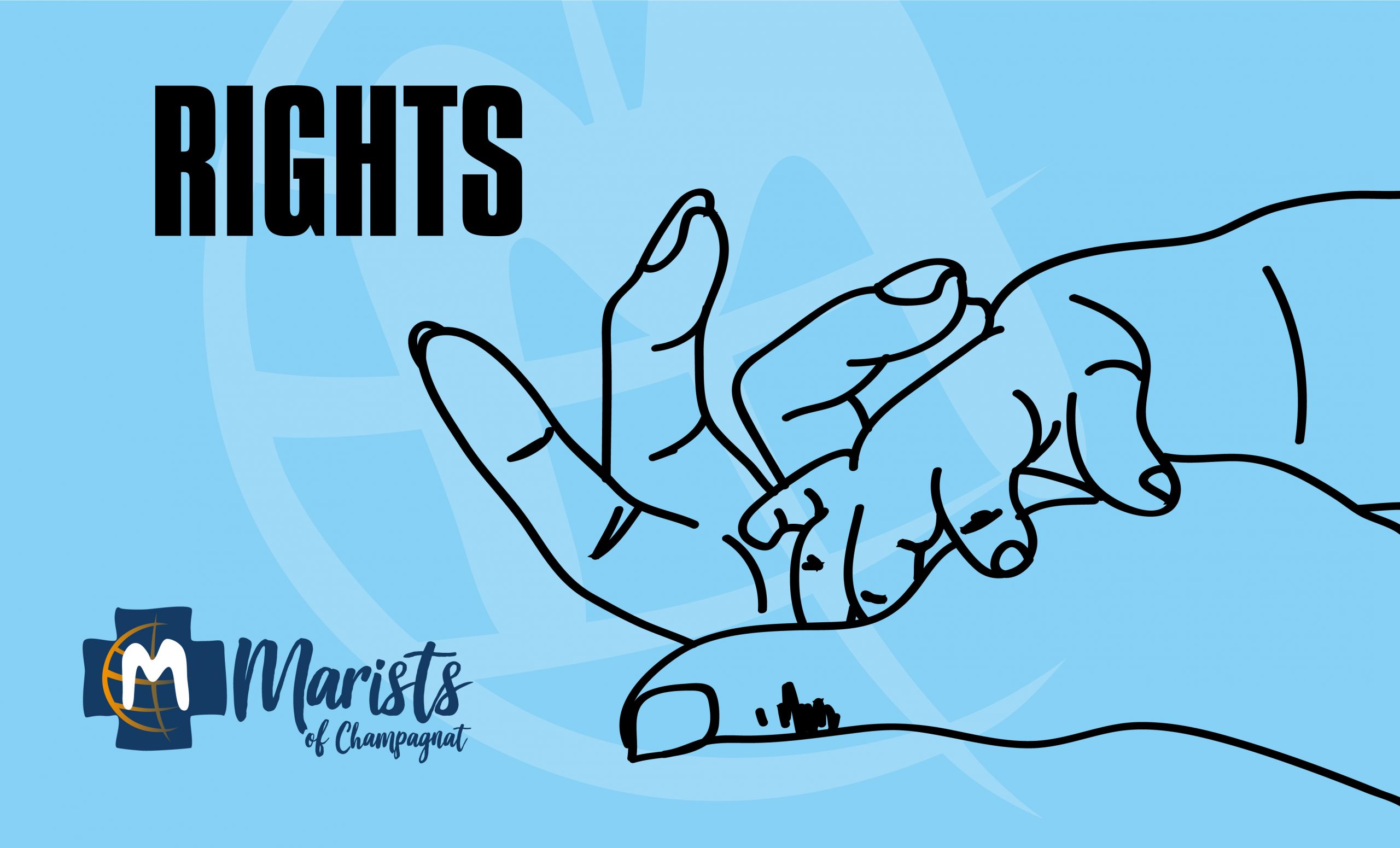
Children’s Right to Play
Article 31 of the United Nations Convention on the Rights of the Child (UNCRC) states that children have the right to rest and leisure, to engage in play and recreational activities appropriate to their age and to participate freely in cultural life and the arts. This same article mandates governments to promote opportunities for children to play. The International Play Association (IPA), an international, non-governmental organization founded in Copenhagen, Denmark in 1961 equally advocates and promotes children’s right to play through seminars, conferences, research, publications, playground design, play work training and the organization of play programs and Play Days.
Research shows that children play instinctively given the time, space, materials, and the support. They play not because they want to achieve anything. During play, their brains and their motor skills develop while they grow in self-control, self-esteem, and self-confidence as they get older. They equally integrate all types of learning as they play. They learn to sort by shape and size when playing with blocks, use symbols to represent ideas when drawing pictures, improve their eye-hand coordination when stringing beads, develop an understanding of cause and effect when mixing colours, improve their language and social skills during pretend-play, as well as develop agility, coordination and balance when engaged in active play.
Unstructured play activities have a significant impact on children’s development. As they engage in play activities, they develop teamwork, problem-solving and social skills, turn-taking, sharing, listening, and critical decision-making skills. Today, unfortunately, the rise of so many structured activities including time spent in front of screens, and increased attention to academic work have reduced opportunities for unstructured play. Parents need to strike a balance between structured and unstructured play by setting aside some time every day for their children to spend in unstructured play and create opportunities for them to play outdoors.
Play is the best way for children to learn
Experts in education and educators from the time of Maria Montessori agree that play is the best way for children to learn. By playing, children learn with ease as their motor skills, sense of wonder and self-expression develop. Sigmund Freud pointed out that this is true even for an infant whose play consists of nothing more than smiling at his mother, as she smiles at him. During play, children assert their characters as they develop basic life skills. Research has shown that play-based learning is more effective than direct-instruction approaches. Lack of play during early child development leads to isolation, depression, poor self-control and poor resilience, difficulty adapting to change, and a greater tendency to addiction and shallower interpersonal relationships in adulthood.
In his theological and religious interpretation of play, Hugo Rahner’s examines play as an activity which is both serious and joyous. From this perspective, he envisions play as an “anticipation of heavenly joy” and sees in children’ play the human person’s “deep-seated longing for harmony between body and soul”. Convinced about this, Champagnat insisted that brothers ought to be guardian angels of the children by supervising them all the time in their learning even during recreations, ‘to encourage them to play, to see what they do and to hear what they say.’ More than just physical exercise, children should be encouraged to cultivate playfulness, a virtue or habit which enhances their well-being. From this perspective, Pope Francis encourages, and even admonishes, parents to take time to play with their children both for the good of the children and to resist a culture of work that is dehumanizing and undermining family life.
_____________
Brother Francis Lukong – Secretariaty of Solidarity
